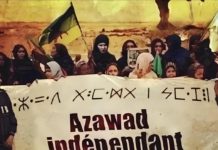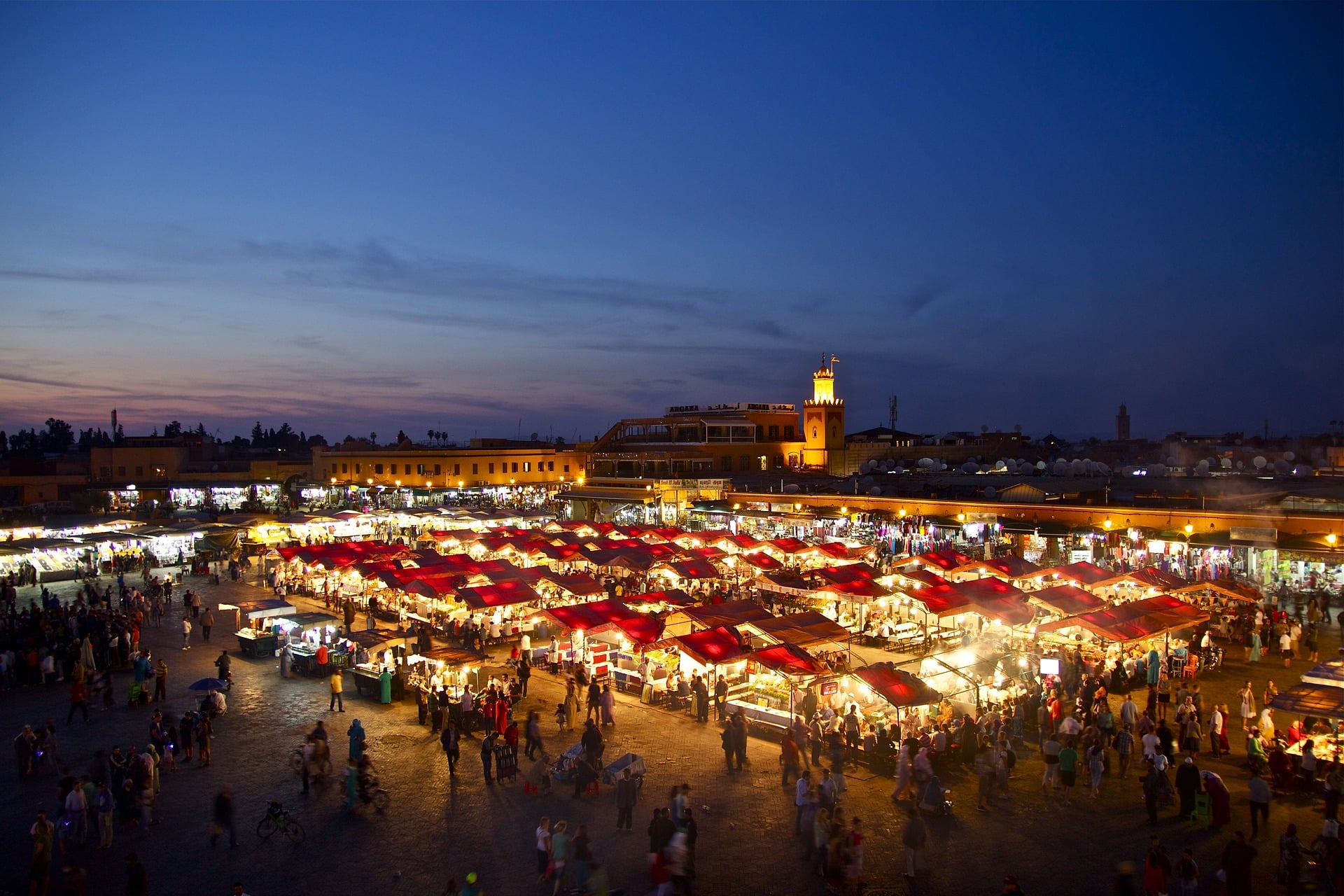By Nuunja Kahina on June 25, 2015 — Given the colonial nature of Arabic in Tamazgha, and its imposition on the indigenous people, there are significant reasons that Africans ought to reject the use of Arabic in favour of their indigenous language. When we do this, we participate in decolonization by supporting the survival of African languages in opposition to the policies of former or current colonial powers
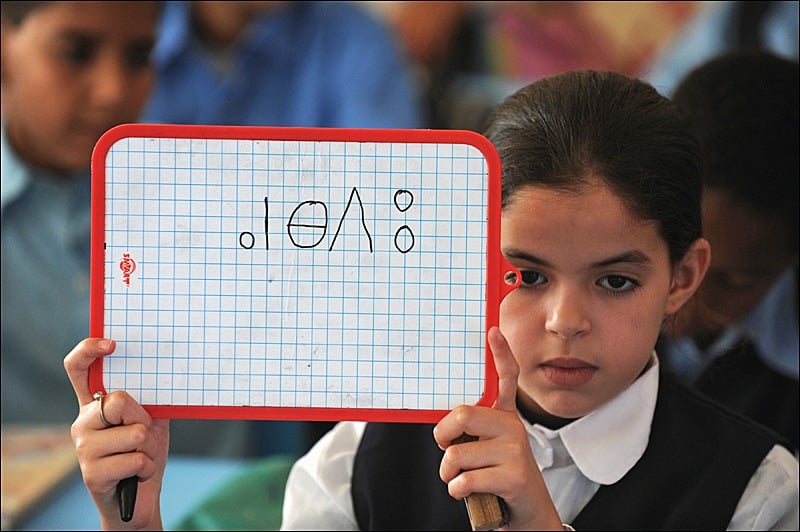
While in prison, Kikuyu scholar Ngũgĩ wa Thiong’o famously rejected English, the colonial language of Kenya, as a medium for his creative writing, and later committed himself to writing solely in his native Gikuyu after writing Decolonizing the Mind. Along with English, Ngũgĩ continued his decolonizing praxis by renouncing Christianity and his colonial name. His theory and example inspired an essential conversation in African Studies regarding the problem of colonial vs. indigenous language use. Yet this conversation has so far failed to move beyond the issue of European colonial languages, ignoring or even indigenizing the colonial dominance of Arabic in North Africa.The Amazigh (pl. Imazighen) are the indigenous people of North Africa, a region internally calledTamazgha, but often known as part of the “Arab world.” The Amazigh language is Tamazight, and is the mother tongue of tens of millions of people in Tamazgha and the Amazigh diaspora. Since Arab invasions in the 7th century C.E., Arabic has been a colonial language in Tamazgha, although the process of Arabization was dramatically accelerated after North African countries became independent of European colonialism in the 20th century. Arabization, under the thin guise of decolonization, supposedly sought to reduce the use of French in “post-colonial” North Africa, but in actuality targeted the indigenous Tamazight language for discrimination.
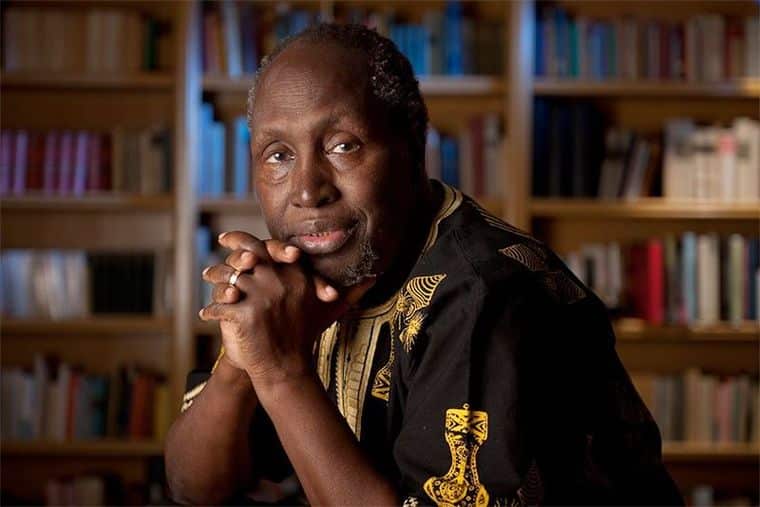
Why limit our rejection of colonial languages, if we are to do so, to only European languages? Arabic has been used in an at least as destructive and anti-African a manner as French, English or any other European language in Africa. Just as Ngũgĩ describes the schism and alienation created by repressive language policies in a colonial school, an Amazigh writer does the same:
You are not even able to speak Arabic, he told us… ‘You are savages. How will I ever manage to civilize you when I have to start from scratch?’…I was already considering how I was going to tell my parents who were unable to understand the teacher’s language. Should my parents see me suddenly deny the patrimony of my ancestors and my mother tongue? It would be far better to disappear along with that language. (Almasude, originally Oussaid 1989).
These discriminatory policies and practices still continue at the expense of an indigenous African language that is degraded and disparaged in comparison to the supposed prestige of Arabic. Despite this, Arabic is granted the status of “African” even while it acts as a colonial language, imposed by those who identify as “Arabs” in North Africa. Within scholarship about African languages, as well as African Studies in general, many seem to have forgotten that European colonialism is not the only form of colonialism to affect the continent.
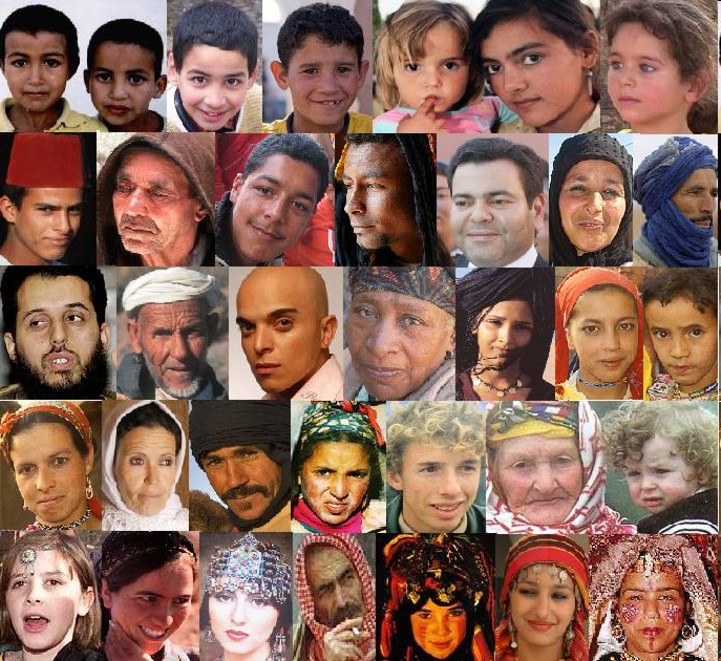
Although Arabization policies were implemented to create a false unity of the supposed “Arab” people of North Africa, this imposition of a foreign language and identity on Imazighen has created alienation and supported colonial entrenchment in the region. Today, Amazigh parents who want to register their children with indigenous names are routinely rejected, a policy that has beencriticized by human rights organizations. Children are often still physically beaten for speaking their mother tongue in school, as is the case in many other African countries where only colonial languages may be spoken in school. Despite theprominent role of Imazighen in the revolutions in Libya and Tunisia, painfully dubbed the “Arab Spring,” Tamazight continues to be excluded as an official language in these countries. There is a ban on Tamazight in the Moroccan Parliament after Fatima Tabaamrant, an Amazigh MP, asked a question in her native language in a bold action reminiscent of Kurdish MP Leyla Zana. Islamist opposition to Tamazight and the use of its indigenous script, Tifinagh, continues in Morocco.
Does it matter whether the language of dominance is French, English, or Arabic? Certainly not to the children who are forced to reject their ancestors and mother tongue, children who are told they must learn that language in order to be civilized.
Given the colonial nature of Arabic in Tamazgha, and its imposition on the indigenous people, there are significant reasons that Africans ought to reject the use of Arabic in favour of their indigenous language. When we do this, we participate in decolonization by supporting the survival of African languages in opposition to the policies of former or current colonial powers. Decolonization is not a metaphor; to decolonize our minds and unsettle Arab hegemony in Tamazgha, we must recognize and fight against continuing linguistic repression.
Source: thisisafrica



